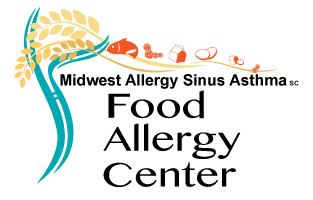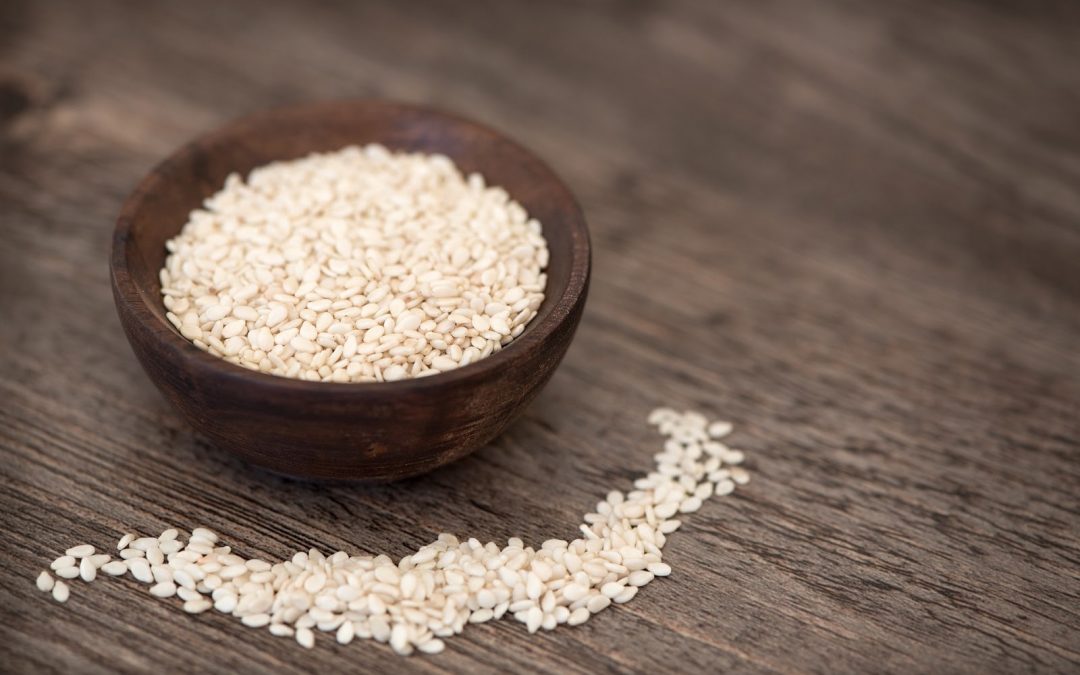Over recent years, SESAME allergy has emerged as a common food allergy among children and adults. Concerns over protecting allergic consumers who are vulnerable to accidental exposure in food items led to a grass-roots movement to add SESAME to the list of MAJOR FOOD ALLERGENS under the Food Allergen Labeling and Consumer Protection Act (FALCPA) of 2004.
What is FALCPA?
FALCPA is an amendment to the Federal Food, Drug, and Cosmetic Act and requires that the label of a food that contains an ingredient that is or contains protein from a “major food allergen ” declare the presence of the allergen in the manner described by the law. (https://www.fda.gov)
On February 23, 2021, HR 2021, a US House of Representatives bill sponsored by Representatives Doris Matsui (CA) and Patrick McHenry (NC), introduced the Food Allergy Safety, Treatment, Education, and Research (FASTER) Act of 2021. The bill requires SESAME to be labeled in plain-language on packaged foods.
Sesame joins as the 9th food allergen, along with 8 foods– peanut, milk, egg, wheat, tree nuts, soy, shellfish, and fish–now known as the “BIG 9,” which account for over 90% of all documented food allergies affecting Americans in the present time.
Here are some facts about sesame allergy (AAAAI.org):
- Prevalence is estimated at 0.2% of children and adults
- The highest group affected is 18-29 y.o.’s (0.33%)
- 50% will receive care in an emergency room in their lifetime
- 80% of those with sesame allergy have another food allergy
Evidence exists that sesame proteins trigger immediate hypersensitivity via IgE antibodies, which can then result in anaphylaxis. Delayed hypersensitivity via cell-mediated immune responses to lignin-like compounds may also occur, which results in allergic contact dermatitis. Please review the section on allergic food reactions and anaphylaxis for symptoms and signs to watch out for. (Visit MASA’s food allergy page here.)
If you are allergic to sesame you must avoid it completely, since even a tiny amount may trigger a severe allergic reaction. If a food product is marked with a warning, such as “may contain sesame”, take this seriously since heating does not destroy the allergenicity of sesame and so cooked food containing sesame will never be safe.
When reading food labels, sesame may also be called other names such as:
- benne, benne seed, or benniseed
- gingelly or gingelly oil
- sesame seeds
- sesamol or sesamolina
- sesamum Indicum
- sim sim
- sesame oil
Foods that sometimes have sesame as an ingredient include:
- Middle Eastern foods, such as hummus, tahini, baba ganoush (baba ghanoush), halva and other candies
- Indian, Thai, Chinese, and other Asian foods, such as sushi rolls, stir fry, soups, confections, drizzles and sauces
- Afro-Carribean foods, such as benne balls
- Salad dishes using sesame oil, sesame salt, crunchy sesame condiments
- Baked goods, such as sesame bagels, multigrain bread, sesame crackers, and burger buns
- Snack foods, including energy/protein bars, cereals, and drinks
- Vegetarian foods
Even personal care products and medicines may contain sesame under the Latin name Sesamum Indicum. Sesame oils are a common vehicle for hormone-containing medicines like progesterone and testosterone. Although oils mostly do not contain allergenic food components, the purity of the oil will determine if any proteins, even if trace amounts, are present in the oil. For those with contact dermatitis, it is important to review all products that may contact the skin and mucous membranes, even if the the product is not intended to be ingested.
MASA Food Allergy Center for Treatment focus is to accurately diagnose the presence and absence of food allergies, and when possible, to begin a treatment program to decrease sensitivity. Contact us if you are interested in learning more about SESAME DESENSITIZATION. Please call our office at 309.452.0995 for Normal office where Dr. Siri and Kat Lally run the OIT/SLIT program, or at 217.717.4404 for Springfield office.

